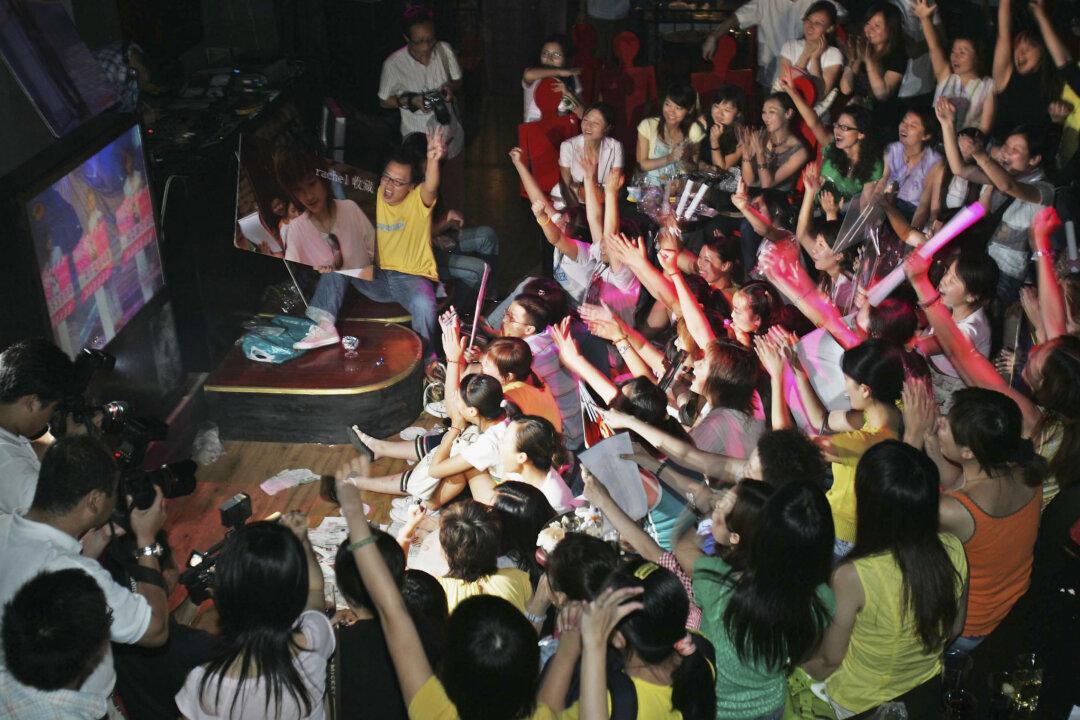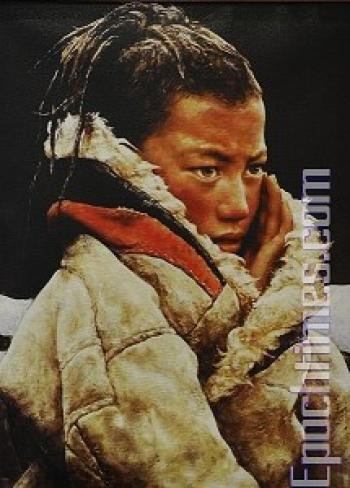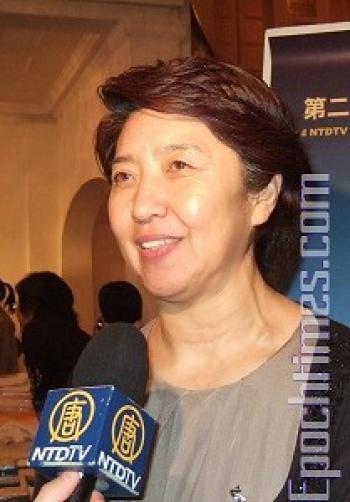There is no stopping the Chinese when it comes to counterfeiting the most brands from all over the world, including TV programs. Under the Chinese Communist Party’s rule, China has become the leader in producing the largest amount of counterfeit goods. According to recent South Korean statistics, China ranked the highest compared to other countries that violate intellectual property rights. In the past four years, 34 Korean TV programs have reportedly been copied by China. Some critics say that China’s theft of intellectual property is the result of communist rule.
Unprecedented Level of Plagiarism
South Korean newspaper JoongAng Daily reported on Oct. 7 Korean lawmaker Kim Seong-su disclosed that China has copied 34 Korean TV programs between 2014 and 2018. All of the programs were produced in China without any copyright permission, according to the report.
Among some of the plagiarized shows, ten were originally produced by SBS TV, seven by KBS, six by TVN, five by JTBC, and three each from MBC and Mnet.
Korean TV shows have striking similarities with their Chinese spin-offs. Fans of the reality show “My Little Old Boy,” produced by Korea’s SBS TV, can instantly recognize the similarities found in a new program called “My Little One,” launched by Hunan TV, China’s largest provincial satellite television channel. “Our Law,” produced by China’s Anhui TV, is a copy of South Korea’s reality-documentary show “Law of the Jungle.” China’s “The Chinese Restaurant” is a copy of South Korean reality show “Youn’s Kitchen.” China’s “Dear Inn” resembles South Korea’s “Hyoris’ Homestay.” South Korea’s “Three Meals a Day,” a popular cooking-reality show, has been reproduced in China under the title “The Life We Long For.”
South Korean media cited data from an official report published in 2017 (on the infringement of intellectual property rights) that 7,263 items were infringed upon by other countries, and China accounted for 94.5 percent of them–making it the biggest country for plagiarizing the most goods.
China not only plagiarizes South Korean TV shows but it also steals various goods, including advanced technology and military technology from other countries. China expert Chu Ying said under the Chinese Communist Party’s control, China has become notorious for plagiarizing and stealing because it is unable to innovate.
China observer Hu He said, “The CCP always does this (stealing), thus during the trade war, the U.S. blocks the CCP from stealing foreign advanced technology.”
China expert Zhang Jian said, “When everyone in China relies on plagiarism, counterfeit goods and fake products, they will become dishonest and immoral, and will only be driven by money (instead of morale).”




